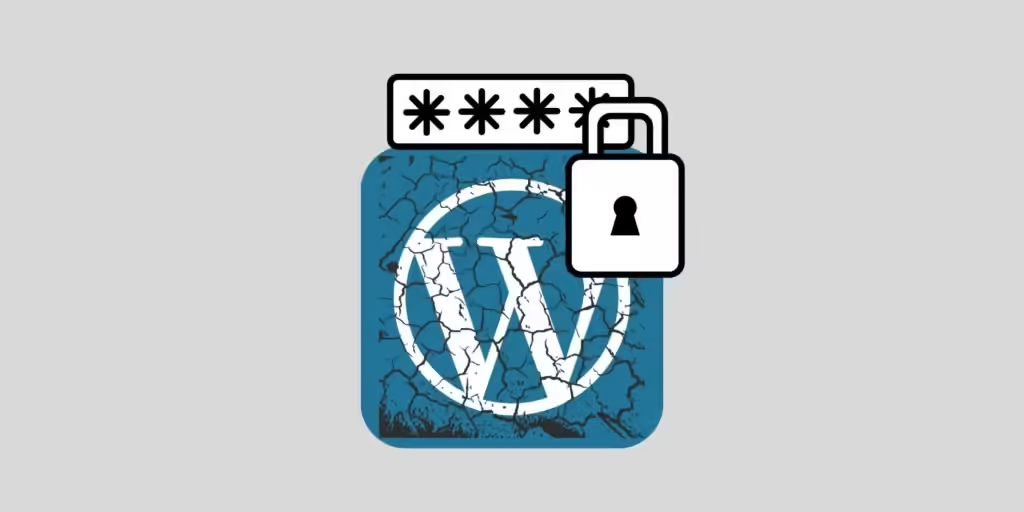WordPress, a powerhouse in the world of website creation, thrives on its extensive library of plugins. These plugins offer a wide range of functionalities, from enhancing SEO to improving site security. However, the open nature of WordPress also means that plugins can be a potential entry point for vulnerabilities. Ensuring that your WordPress plugins are secure is crucial to maintaining the integrity and safety of your website.
Regular Updates and Version Control
Keeping your WordPress plugins up to date is one of the most straightforward yet effective ways to ensure their security. Developers regularly release updates that fix bugs, patch security holes, and enhance functionality. Ignoring these updates can leave your site exposed to known vulnerabilities that attackers can exploit. To stay on top of updates, consider enabling automatic updates for your plugins. While some site owners may worry about compatibility issues, the security benefits far outweigh the risks of running outdated software.
Version control is another essential practice. By maintaining a detailed record of plugin versions and changes, you can quickly identify and revert problematic updates. This is particularly useful when a recent update introduces issues to your site. Tools like Git can help manage version control efficiently, allowing you to track changes and collaborate with other developers seamlessly. Implementing a robust version control system ensures that you have a fallback plan in case something goes wrong, thereby maintaining the stability and security of your site.
Code Reviews and Security Audits
Conducting regular code reviews and security audits is a proactive approach to identifying potential vulnerabilities in your plugins. Code reviews involve examining the plugin’s source code to ensure it adheres to best practices and does not contain any malicious or insecure code. This process can be carried out internally by your development team or externally by third-party security experts.
Security audits, on the other hand, involve a comprehensive assessment of your site’s security posture, including plugins. These audits typically include penetration testing, vulnerability scanning, and configuration reviews. Regular audits help identify weaknesses that automated tools might miss, providing a deeper level of security assurance. Investing in professional security audits can be particularly beneficial for high-traffic websites that are prime targets for attackers.

Leveraging Trusted Sources and Community Insights
Choosing plugins from reputable sources is a fundamental step in ensuring their security. The WordPress Plugin Repository is a reliable starting point, as plugins listed here undergo a review process before being published. Additionally, premium plugin marketplaces and well-known developers often provide better support and more frequent updates. Avoid downloading plugins from unverified sources, as they might contain hidden malware or insecure code that can compromise your site.
Engaging with the WordPress community can also provide valuable insights into plugin security. Online forums, developer communities, and social media groups are excellent platforms for discussing security concerns and sharing best practices. These communities often alert members about newly discovered vulnerabilities and provide recommendations for securing plugins. Staying active in these discussions ensures you remain informed about the latest security trends and can implement proactive measures to protect your site.
Conclusion
Ensuring the security of your WordPress plugins is a continuous process that requires vigilance and proactive measures. By regularly updating your plugins, implementing version control, conducting code reviews and security audits, and leveraging trusted sources and community insights, you can significantly reduce the risk of vulnerabilities. Remember, the security of your website is only as strong as its weakest link, and plugins are often targeted by attackers looking to exploit weaknesses. By following these best practices, you can safeguard your site and provide a secure experience for your users. Stay informed, stay proactive, and keep your WordPress plugins secure.

